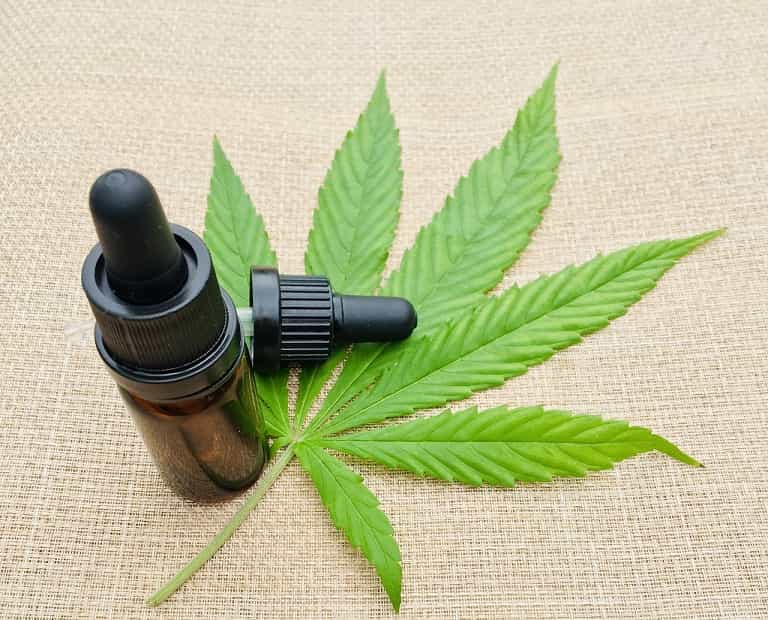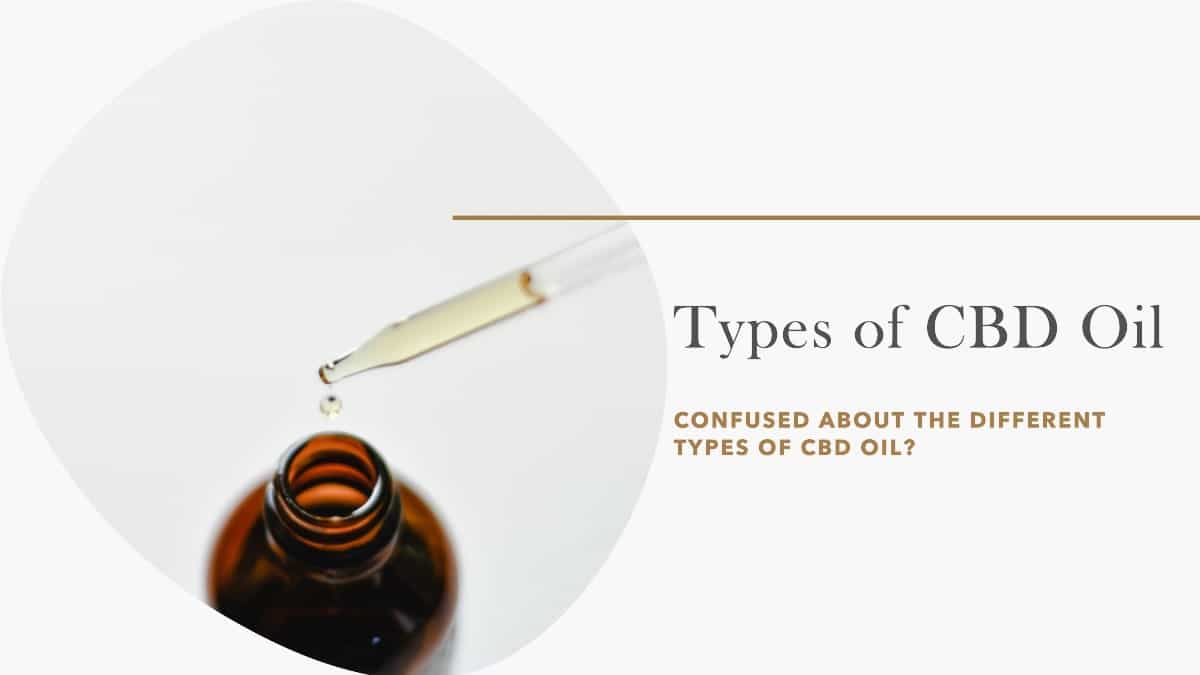Confused about the different types of CBD oil? You’re not alone. With the growing popularity of CBD products, it can be overwhelming to choose the right type of CBD oil that suits your needs. In this article, we’ll provide you with a comprehensive guide to the different types of CBD oil available in the market, their benefits, and how to use them.
Table of Contents
Types of CBD Oil
1. Full-spectrum CBD Oil
Full-spectrum CBD oil contains all of the cannabinoids, terpenes, flavonoids, and other compounds found in the hemp plant, including trace amounts of THC. THC is the psychoactive compound in cannabis that produces a “high” feeling. However, full-spectrum CBD oil contains less than 0.3% THC, which is not enough to produce psychoactive effects. Full-spectrum CBD oil provides users with the benefits of the entourage effect, where the different compounds work together to enhance the therapeutic effects of CBD.

2. Broad-spectrum CBD Oil
Broad-spectrum CBD oil contains all of the compounds found in full-spectrum CBD oil, except for THC. This means that users can experience the benefits of the entourage effect without the risk of ingesting THC. Broad-spectrum CBD oil is a great option for those who want to avoid THC for personal or professional reasons.
3. CBD Isolate
CBD isolate is the purest form of CBD, containing only CBD molecules with no other compounds. CBD isolate is usually available in powder or crystalline form, making it easy to add to food, drinks, or other products. CBD isolate is a great option for those who want to avoid other compounds found in full-spectrum or broad-spectrum CBD oil, or for those who need higher doses of CBD.
4. Nano CBD
Nano CBD refers to CBD molecules that have been broken down into tiny nanoparticles, which makes them more bioavailable and easily absorbed by the body. Nano CBD is a relatively new form of CBD that is gaining popularity among users who want faster and more effective results. However, nano CBD products are often more expensive than other forms of CBD oil.
5. CBD Oil Tinctures
CBD oil tinctures are the most common form of CBD oil available in the market. CBD oil tinctures are made by infusing CBD oil with a carrier oil, such as coconut oil, hemp seed oil, or MCT oil. Tinctures usually come with a dropper, making it easy to measure the amount of CBD you take. CBD oil tinctures are a great option for those who want to start with a low dose of CBD and gradually increase it over time.
6. CBD Capsules
CBD capsules are a convenient and discreet way to take CBD. CBD capsules contain CBD oil that has been encapsulated in a gelatin or vegetable-based capsule. CBD capsules are available in different strengths, making it easy to measure your dose. CBD capsules are a great option for those who want a consistent and precise dose of CBD.
7. CBD Topicals
CBD topicals are products that are applied directly to the skin, such as creams, lotions, and balms. CBD topicals are usually made with a carrier oil, such as coconut oil or hemp seed oil, and other natural ingredients like essential oils and beeswax. CBD topicals are a great option for those who want to target a specific area of their body, such as a sore muscle or joint.
Types of CBD Oil: Conclusion
Choosing the right type of CBD oil can be overwhelming, but understanding the different types available can help you make an informed decision. Whether you’re looking for the benefits of the entourage effect or the purest form of CBD, there’s a type of CBD oil that suits your needs. Remember to always start with a low dose and gradually increase it over time to find the right dose for you.


[…] not all CBD oils are created equal. With so many options on the market, it can be overwhelming to choose the right […]
[…] plant and has been shown to have several health benefits. However, research has also shown that CBD oil can interact with other substances in the body, including alcohol. Combining CBD oil and alcohol […]
[…] products come in three different forms: full-spectrum CBD, broad-spectrum CBD, and CBD isolate. Full-spectrum CBD products contain all of the compounds found […]
[…] CBD Oil Marketplace, we believe in the power of CBD oil and the benefits it can provide for people of all ages. In this article, we will discuss the […]